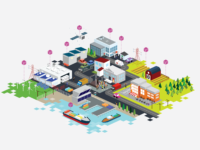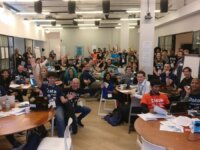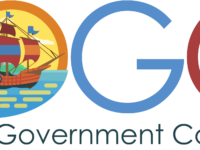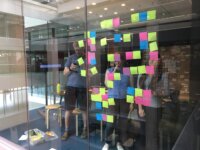The NODC is a data catalog fully compliant with DCAT-AP, the European standard for dataset metadata. It is open source, developed on GitHub, and consists of other open source projects. It can be reused on various levels of government and addresses an important issue with currently available data catalog implementations not in compliace with today’s metadata standards.
Innovation Tag: Open Source
The European Commission led #Blockchain4EU as a forward-looking exploration of existing, emerging and potential Blockchain and other DLTs (Distributed Ledger Technologies) applications for industrial sectors. Through an experimental and participatory approach, this project allowed first to come up with an overview of promising applications across industries, and second to co-design five prototypes that physically showcase how Blockchain could be applied in the near future.
Case Study
Potential for mapping the world’s land resources using satellites and artificial intelligence: an…
The Queensland Government is using machine learning and computer vision to automatically map and classify land use features in satellite imagery. Successfully applied to the mapping of banana plantations, the method is extremely efficient compared to current methods of mapping compilation. Using this technology the Queensland Government can accurately map and classify the land use in a timely manner, aiding response to biosecurity and natural disaster events.
Case Study
The Public Private Collabroation model, eZdorovya, and the transformation of the healthcare system…
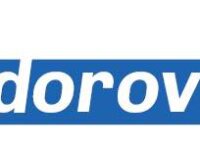
17 million of people joined the eHealth in less than 6 months, which is every third Ukrainian. Such growth determined by the Public Power Corporation model of organizational process of the eHealth implementation in Ukraine. It was developed by the state-owned enterprise eZdorovya in cooperation with the government, business, IT and civil society. It enables to create a national highly secure eHealth system fast, effectively and transparently. Today, the eHealth in Ukraine is one of the key…
The Office for National Statistics (ONS) Data Science Campus was set up to work at the frontier of data science and Artificial Intelligence (AI), to deliver research with impact and build capability across the UK public sector. We build skills and apply tools, methods and practices; creating insight to improve decision-making for public good. We work with UK and international partners, drawing on their expertise and resources, sharing the benefits of our education and research programs widely.
The Government Digital Service and the Ministry of Housing, Communities and Local Government launched the Local Digital Declaration to support and unite local authorities around a shared understanding of good digital practice.
It is a unique call to action that addresses the legacy IT contracts, isolation of procurement practices and siloed digital projects that have left local government services vulnerable to high delivery costs and low customer satisfaction for the public they serve.
The OGC framework allows governments to work together to build useful tools for us all at no cost. Governments become project managers and private companies pay developers to do the work to spec and publish the cloud infrastructure-as-code online for any other entity to use for free.
We have a successful mobility project with over 80 governments, multiple public-sector entities, and private sector companies to fund and build it, and there are 3 other projects under development.
Every week millions of people use the UK government's GOV.UK website to do complex and sometimes life-changing tasks, such as learning to drive, getting a visa, or starting a business.
In the past, finding the guidance, forms and online services you needed could be difficult and time-consuming.
Step-by-step navigation is a new feature on GOV.UK that allows any service to be represented as a series of simple steps.
High resolution satellite data were used to make a credible estimate of the number of brick kilns across the ‘Brick Belt’, helping to calculate the scale of modern slavery present. Brick kilns are high slavery-prevalent industries and before this work, the full scale of brick kilns and by proxy, slavery, was unknown, making action from the appropriate agencies difficult. This innovation provides data to help NGOs and governments fight modern slavery. This approach scales in time and space.
The Lab is an all-of-government neutral space enabling agencies to collaboratively innovate to make it easier for people to access government services. It's a design & development lab to experiment, drive and enable the systemic change of government for the benefit of society. We are providing a way to direct public funding to systemic improvements, horizontal efforts around shared goals, capability uplift, high value reusable components and actionable innovation for all participating agencies.

